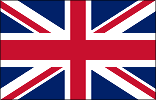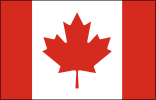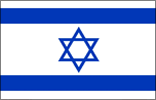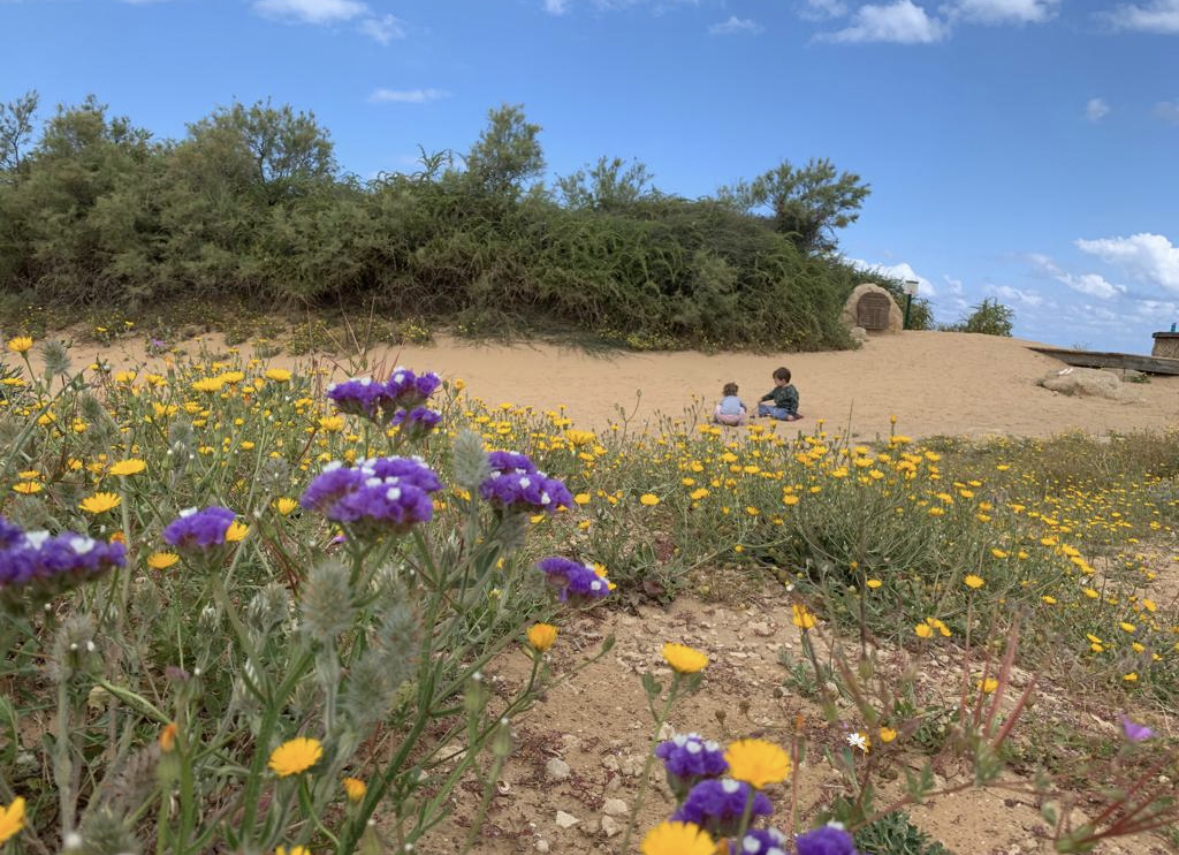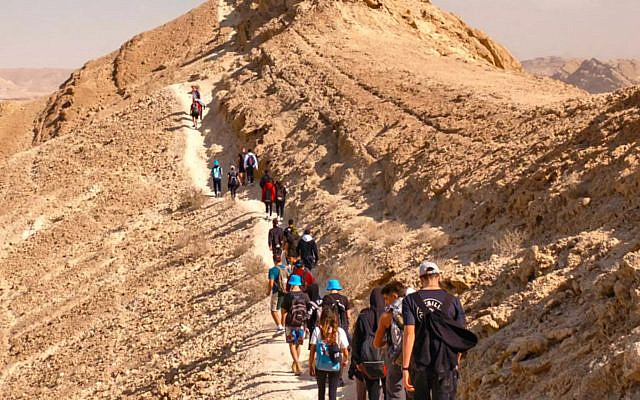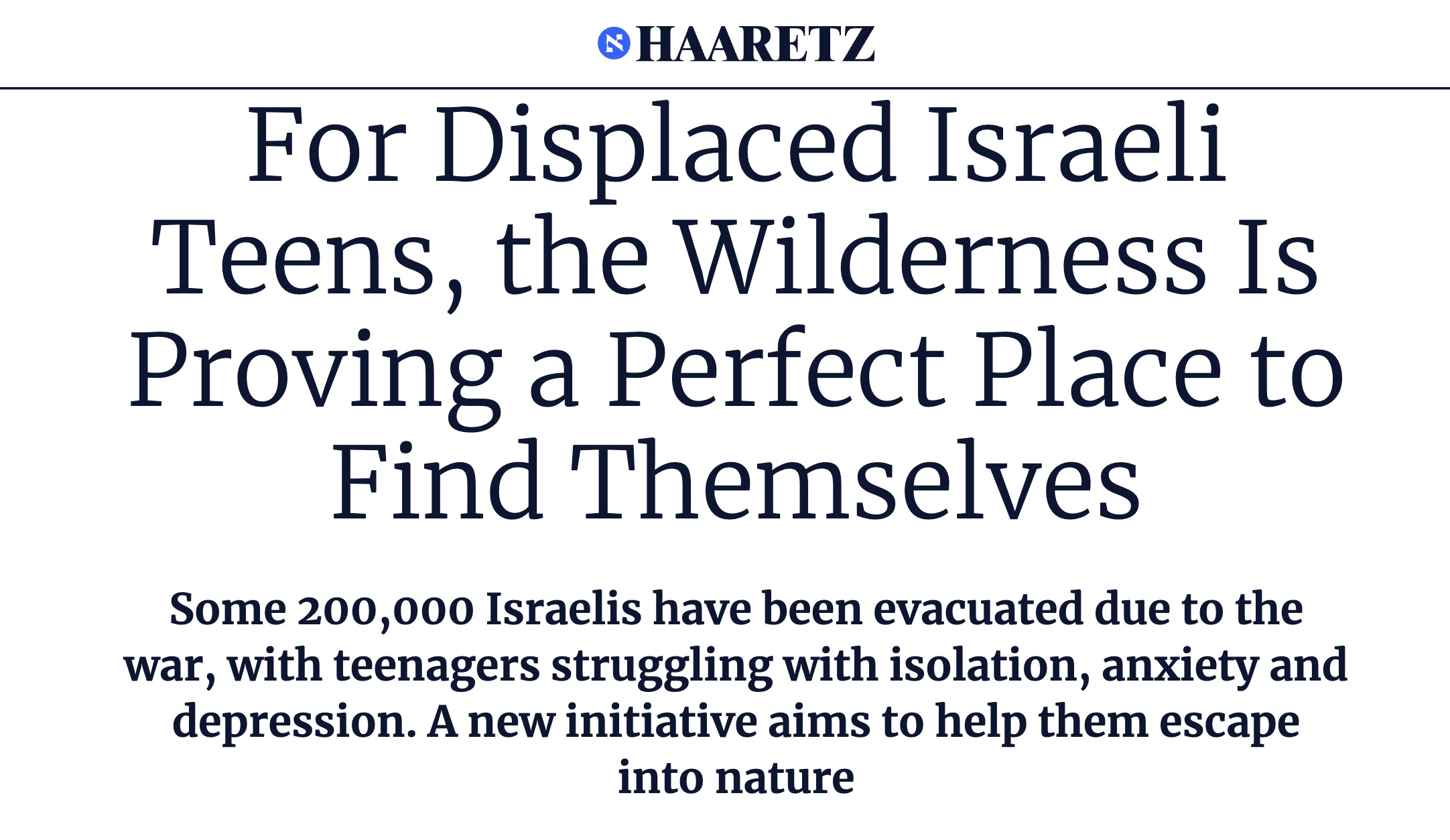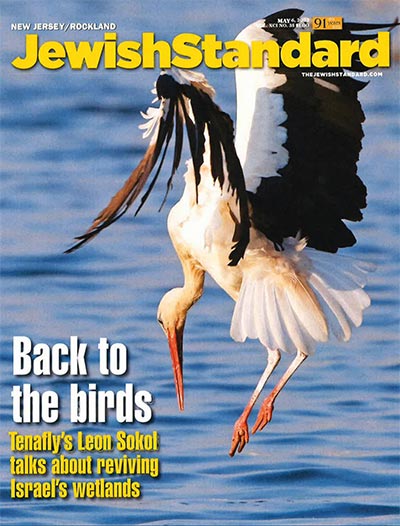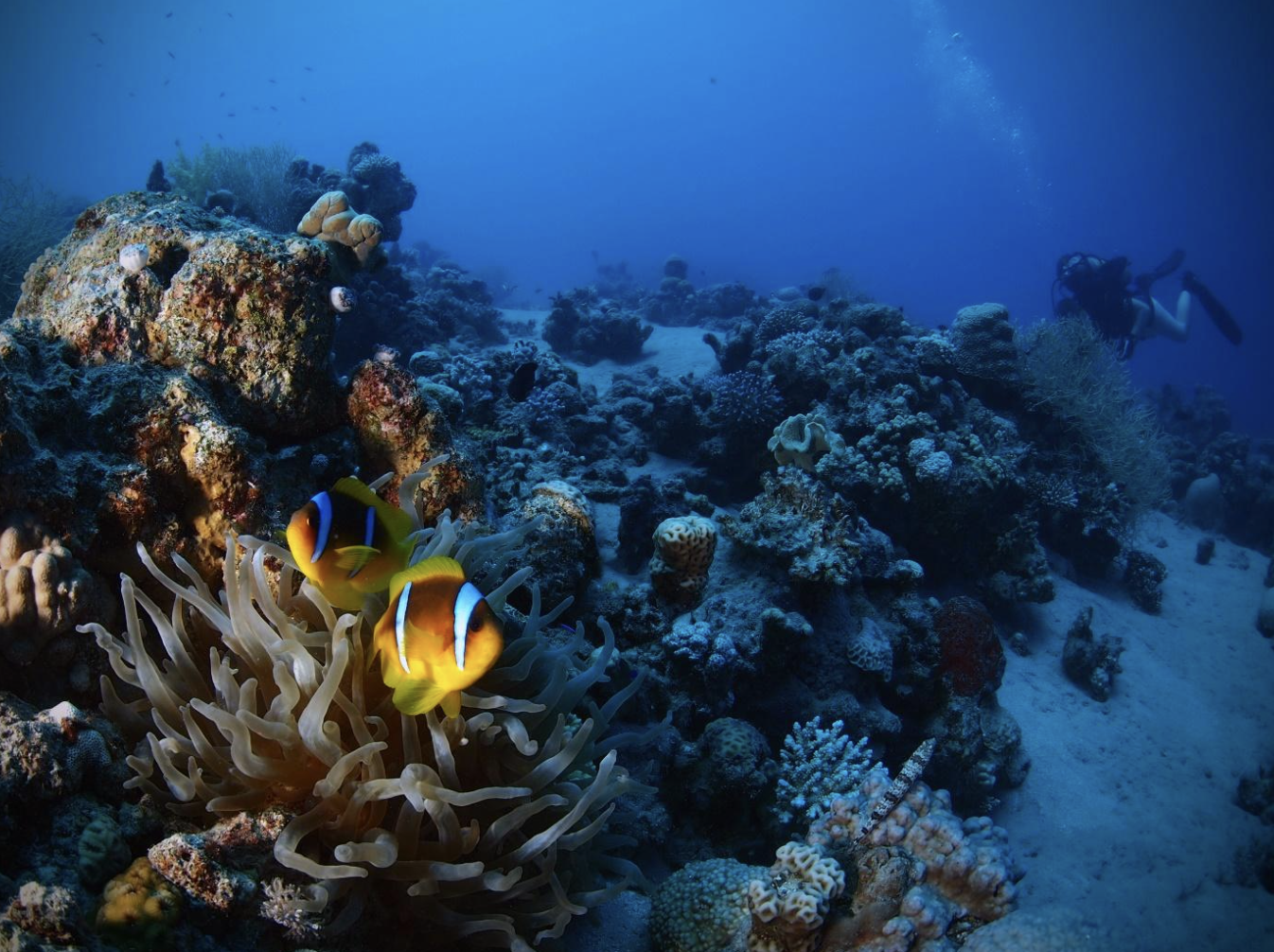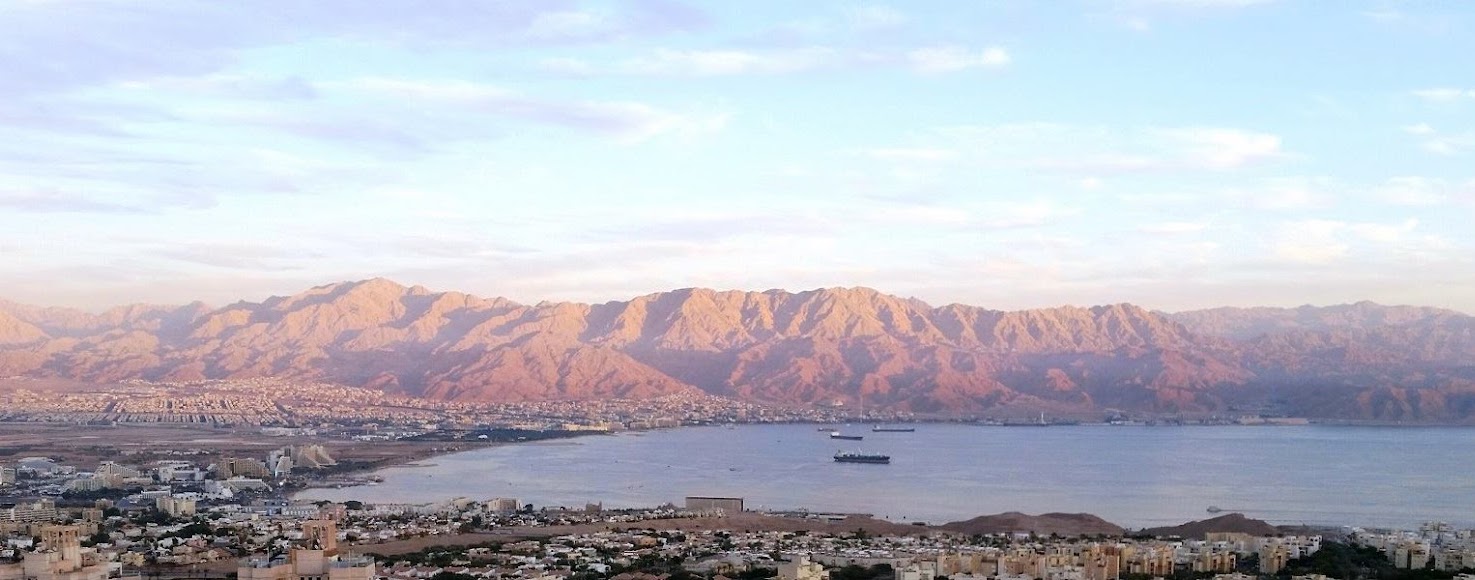Nature Heals
Eco-therapy to strengthen Israeli’s mental health.
As a result of the tragic October 7th attacks, the hostage crisis and the ongoing war, at least one in three Israelis are suffering from PTSD symptoms. The tightly knit community of Israel is intricately connected, and with over 1,200 deaths, sexual violence, and additional indescribable atrocities, everyone has been detrimentally affected in some capacity. The trauma has become contagious, passed through constant over exposure to the barbaric and deeply disturbing Hamas videos, news reports and social media. There is a clear need to provide therapeutic rehabilitation to large numbers of Israelis.
SPNI has launched a series of eco-therapy programs to help the high number of Israelis suffering trauma after October 7th. There are programs for all ages, families and individuals, and a special program for traumatized teens.
Supporting the Migration Flyway
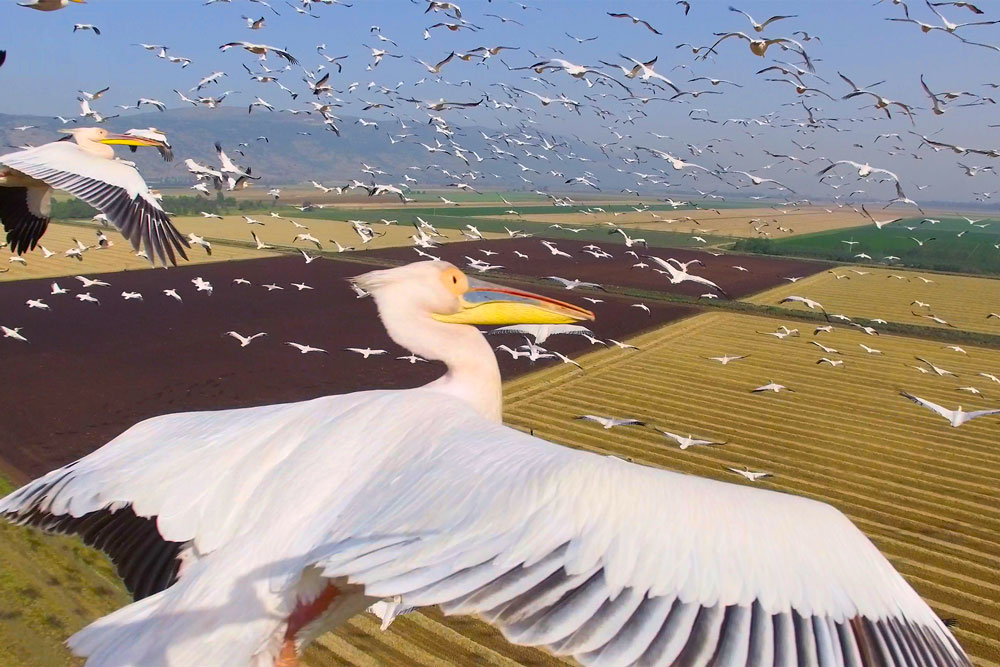
Supporting half a billion birds on the world’s most important migration fly route.
Due to its unique location at the juncture of three continents, Israel is a major landing spot for these birds coming and going from nesting locations in Europe, Asia, and Africa. They stop to eat and refuel or stay for the winter. Israel’s wetlands, plants, and insects are critical to sustaining this migration. SPNI is creating critical new habitats as feeding sites to ensure the birds can have a successful journey.
Rewilding Wetland Habitats
Rewilding former fishponds into wetland nature reserves to reverse biodiversity loss.
Israel’s wetlands, plants, and insects are critical to sustaining the migration of birds flying over Israel to the Eurasian landmass. To recreate lost wetlands, Nature Israel re-wilds former fishponds into wetland nature reserves that provide safe nesting places for these birds on their migration. Our Start-Up Nature project will ensure the long-term viability of these wetlands by creating a permanent endowment for the two sites already acquired. This is the first step in creating a network of world-class wildlife sanctuaries around Israel. These sanctuaries, with visitors’ centers and accessible trails, will allow more than 150,000 local and international visitors each year to have personal encounters with 300 species of birds.
Rewilding Fish Ponds
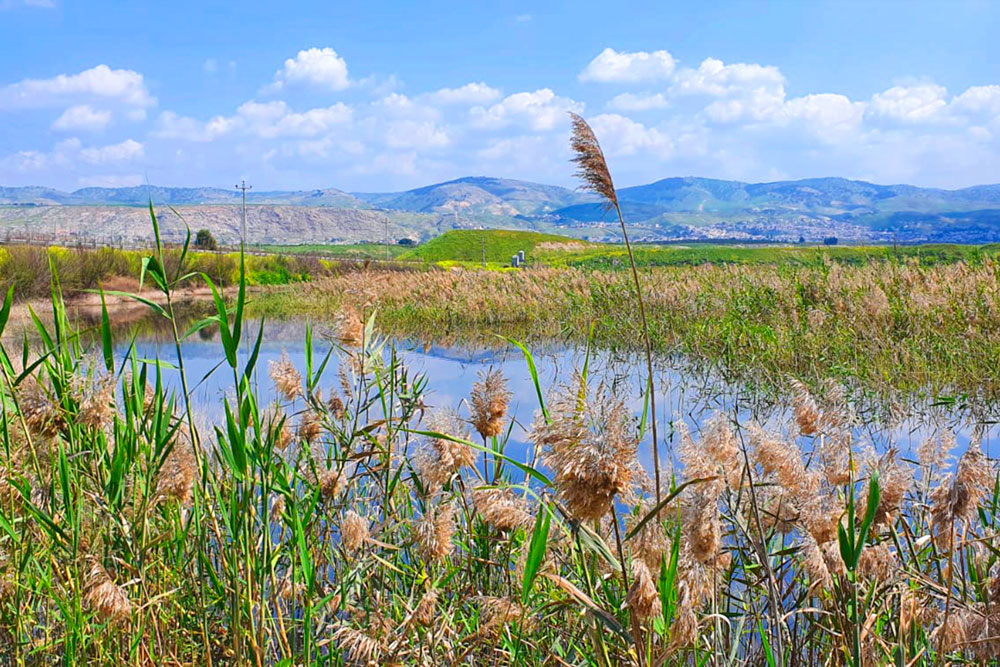
Rewilding former fishponds into wetland nature reserves to reverse biodiversity loss.
Israel’s wetlands, plants, and insects are critical to sustaining the migration of birds flying over Israel to the Eurasian landmass. To recreate lost wetlands, Nature Israel re-wilds former fishponds into wetland nature reserves that provide safe nesting places for these birds on their migration. Our Start-Up Nature project will ensure the long-term viability of these wetlands by creating a permanent endowment for the two sites already acquired. This is the first step in creating a network of world-class wildlife sanctuaries around Israel. These sanctuaries, with visitors’ centers and accessible trails, will allow more than 150,000 local and international visitors each year to have personal encounters with 300 species of birds.
Protecting the Mediterranean Sea
Protecting species and habitats, regulating fishing, and more.
As the largest natural area in Israel, the Mediterranean Sea provides oxygen for breathing, novel medicines, eco-tourism, and education, as well as being home to unique ecosystems. Our Blue Half project is promoting a comprehensive environmental reform to protect this marine environment including protecting all unique habitats and endangered species in the marine reserves, advocating for sustainable fisheries practices, mainstreaming ecological considerations for development activities, and promoting public participation in marine conservation through our Sea Watch app.
Protecting the Red Sea in the Gulf of Eilat
Promoting marine-protected areas, sustainable practices, ecological surveys, and municipality collaborations.
The Gulf of Aqaba-Eilat, at the northern edge of the Red Sea, features an exceptional marine ecosystem. Despite rising sea temperatures due to global warming, the Gulf’s coral reefs exhibit remarkable resistance to bleaching, thanks to heat-tolerant coral genotypes nurtured by an extraordinary evolutionary process. Beyond the shallow coral reefs, the Gulf’s marine realm features diverse habitats like seagrass meadows, mesophotic reefs, and underwater canyons plunging to depths of 650 meters.
Israel has approximately 12 km of coastline along the Gulf and about 35 square kilometers of territorial waters. This constitutes a compact marine area situated at the northernmost point of one of the world’s most diverse and unique marine biodiversity regions. Yet, current urban and conservation planning fall short in ensuring nature protection, exacerbating ecological damage amid rapid urbanization and development. The Gulf has a unique topography—it is long and narrow, and the underwater slope is very steep. Therefore, the shallow reef and seagrass habitats are located right offshore and are thus highly exposed to the edge effects of terrestrial development.
Eilat’s Red Sea Ecosystem Conservation Initiative, led by the SPNI’s marine program, aims to preserve this unique environment through no-take marine reserves, sustainable practices, urban planning integration, ecological policy enhancements, and robust engagement networks.
Sharing Solutions Regionally
Advancing environmental solutions cooperatively with our Middle East neighbors.
SPNI has developed an array of educational programs that bring together Israelis, Palestinians, and Jordanians, including our shared avifauna, “Birds Know No Borders.” The cross-border pest control project introduces carnivorous barn owls to the fields to control rodent populations as an alternative to pesticides. Helping Jordanians and Palestinians overcome their cultural fear of barn owls who traditionally are seen as harbingers of evil spirits, brings farmers from across the border together.
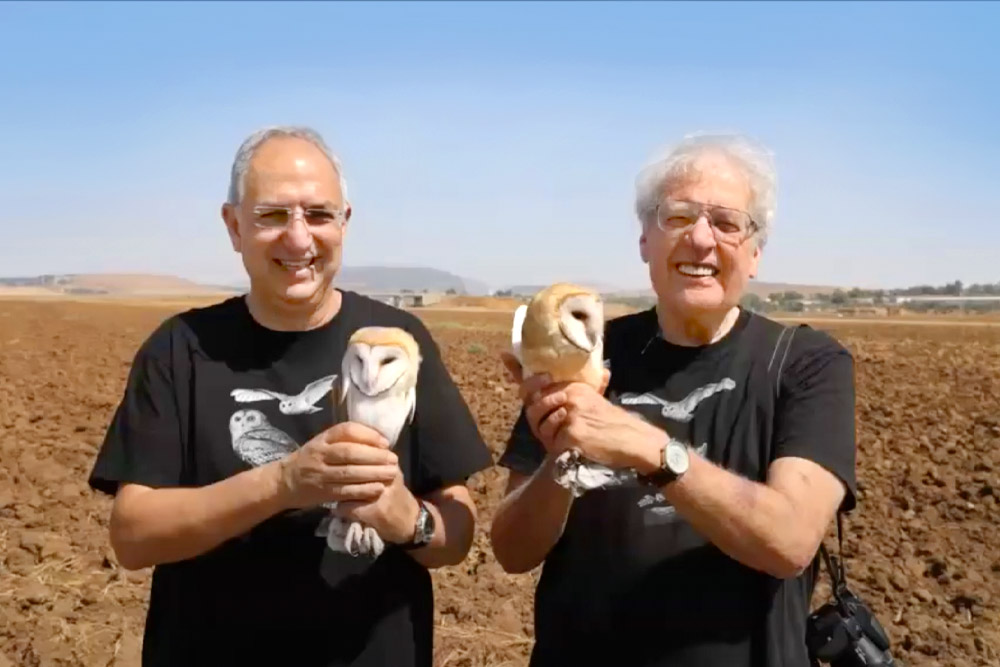
Sharing Solutions Regionally

Advancing environmental solutions cooperatively with our Middle East neighbors.
SPNI has developed an array of educational programs that bring together Israelis, Palestinians, and Jordanians, including our shared avifauna, “Birds Know No Borders.” The cross-border pest control project introduces carnivorous barn owls to the fields to control rodent populations as an alternative to pesticides. Helping Jordanians and Palestinians overcome their cultural fear of barn owls who traditionally are seen as harbingers of evil spirits, brings farmers from across the border together.
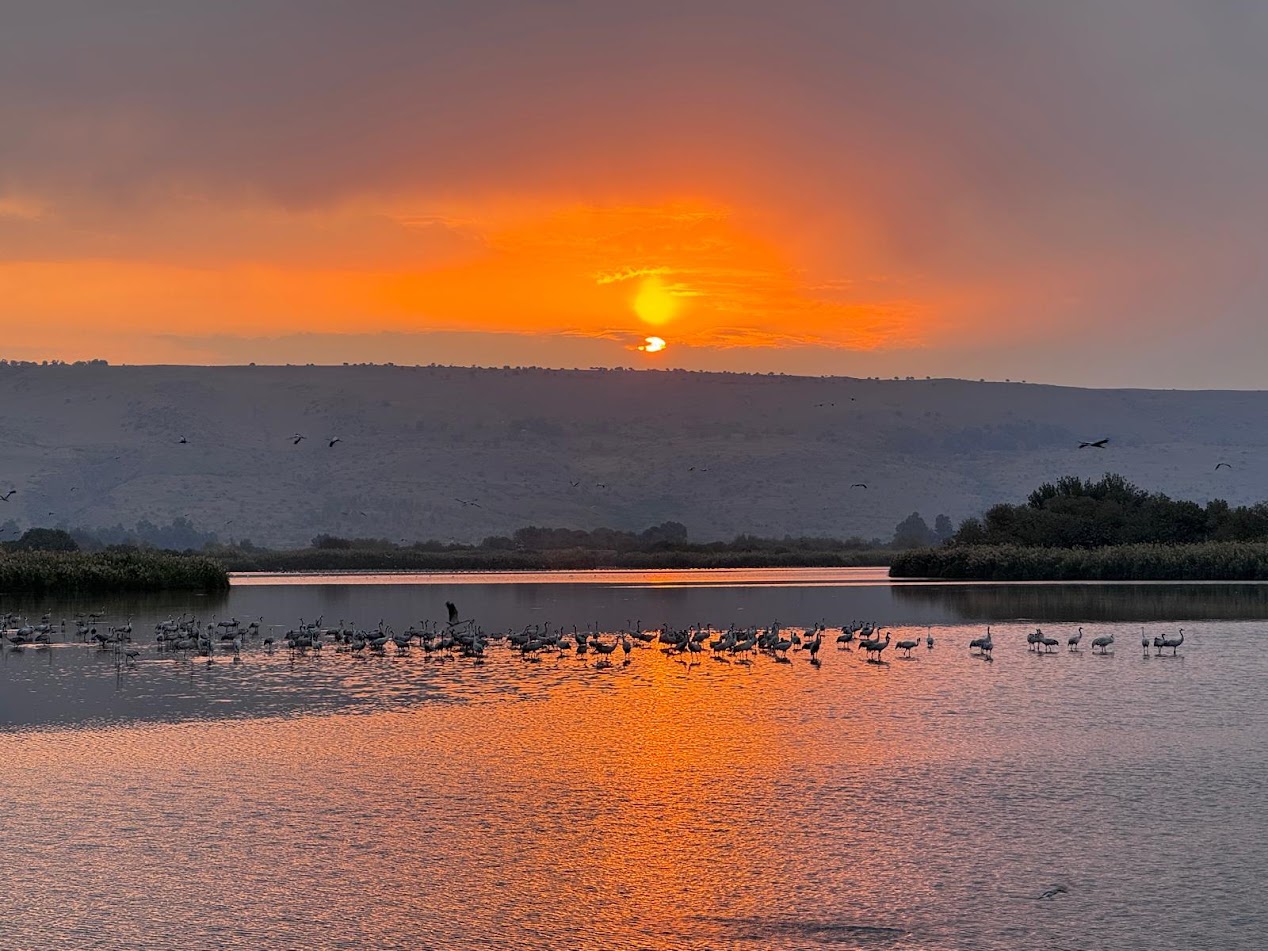
Nature-Based Solutions to Climate Change
Strengthening ecosystems for a sustainable Israeli future.
As climate change accelerates, SPNI is advancing practical, science-backed solutions rooted in Israel’s natural ecosystems. By restoring habitats, strengthening biodiversity, and supporting climate-smart planning, we’re helping Israel adapt to climate change and create a stronger, more resilient future for communities and wildlife alike.
Advancing Solar Energy
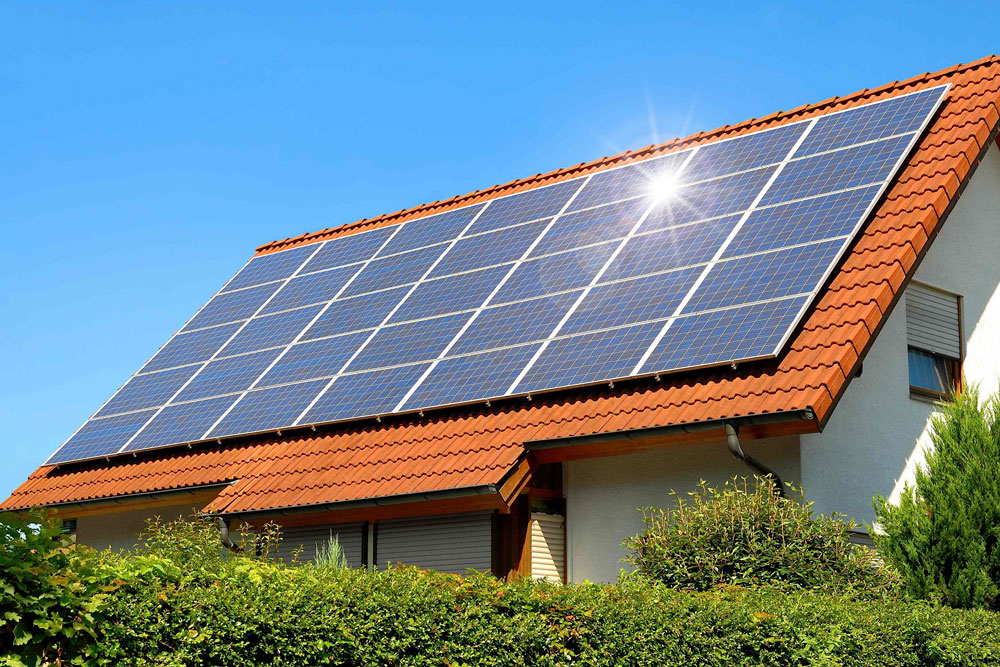
Leveraging photovoltaic solar energy.
SPNI’s professional opinion is that the most sustainable method of generating electricity from renewable sources is by placing solar panels on roofs. This project upgrades the current ‘Dud Shemesh’ solar hot water heaters, which are ubiquitous across Israel’s 4 million households, by installing (Photo-Voltaic-Thermal) PVT systems in SPNI’s nine field schools. It is estimated that PVT systems would reduce the electricity bill of each field school by 20%.
Promoting Urban Nature
Advancing urban nature for people’s health and well-being.
Expected to be the most densely developed country in the OECD, Israel is facing intense pressure to utilize its land reserves to house its increased population. SPNI helps protect against the destruction of Israel’s dwindling, precious open spaces. SPNI’s urban planners work together with national, district, and municipal leaders to create plans to make Israel’s cities better places to live, preserving key open spaces, promoting more efficient public transport, and ensuring the public’s concerns are heard by decision-makers.
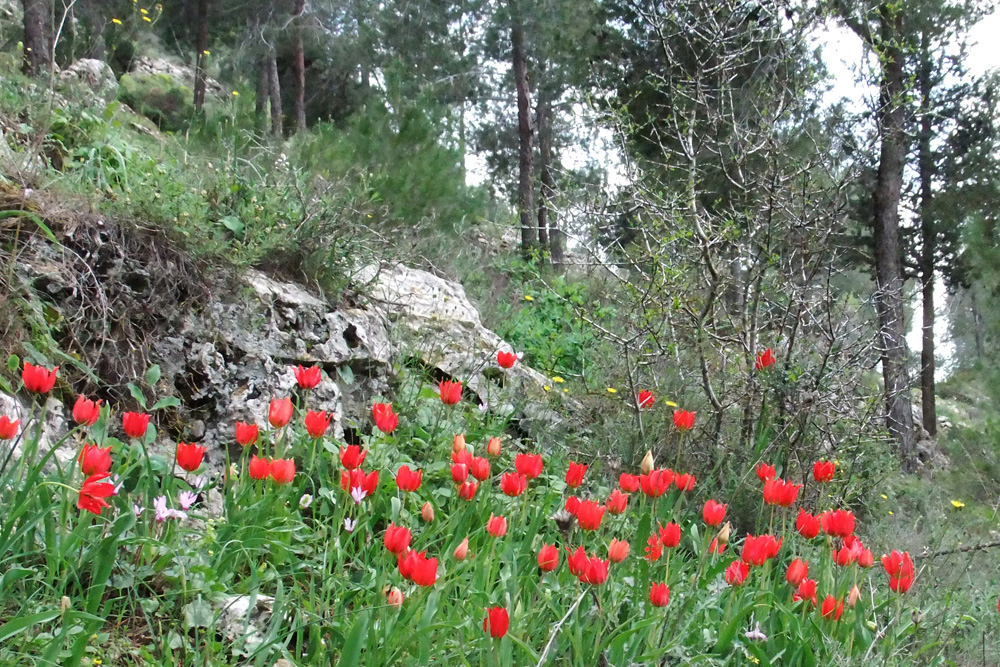
Promoting Urban Nature

Advancing urban nature for people’s health and well-being.
Expected to be the most densely developed country in the OECD, Israel is facing intense pressure to utilize its land reserves to house its increased population. SPNI helps protect against the destruction of Israel’s dwindling, precious open spaces. SPNI’s urban planners work together with national, district, and municipal leaders to create plans to make Israel’s cities better places to live, preserving key open spaces, promoting more efficient public transport, and ensuring the public’s concerns are heard by decision-makers.
Protecting the Mediterranean Sea
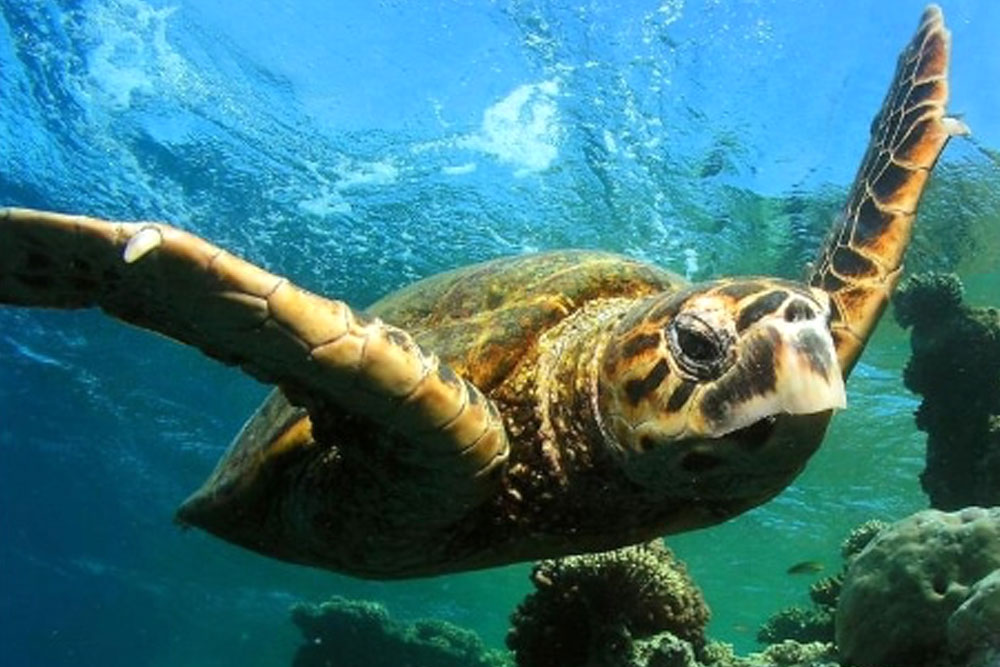
Creating marine-protected areas, protecting species and habits, regulating fishing, and more.
As the largest natural area in Israel, the Mediterranean Sea provides oxygen for breathing, novel medicines, eco-tourism, and education, as well as being home to unique ecosystems. Our Blue Half project is promoting a comprehensive environmental reform to protect this marine environment including protecting all unique habitats and endangered species in the marine reserves, advocating for sustainable fisheries practices, mainstreaming ecological considerations for development activities, and promoting public participation in marine conservation through our Sea Watch app. Read more on our Blue Half site.
